The content of the questioning focused on the current situation and solutions to develop and improve the quality of university education, meeting the requirements of training high-quality human resources to serve socio -economic development. In addition, delegates were also interested in Resolution 57 on universities implementing technology transfer; implementing legal regulations on extra teaching and learning; ensuring a safe, healthy and friendly educational environment; preventing and combating school violence; ensuring food safety and hygiene in schools.
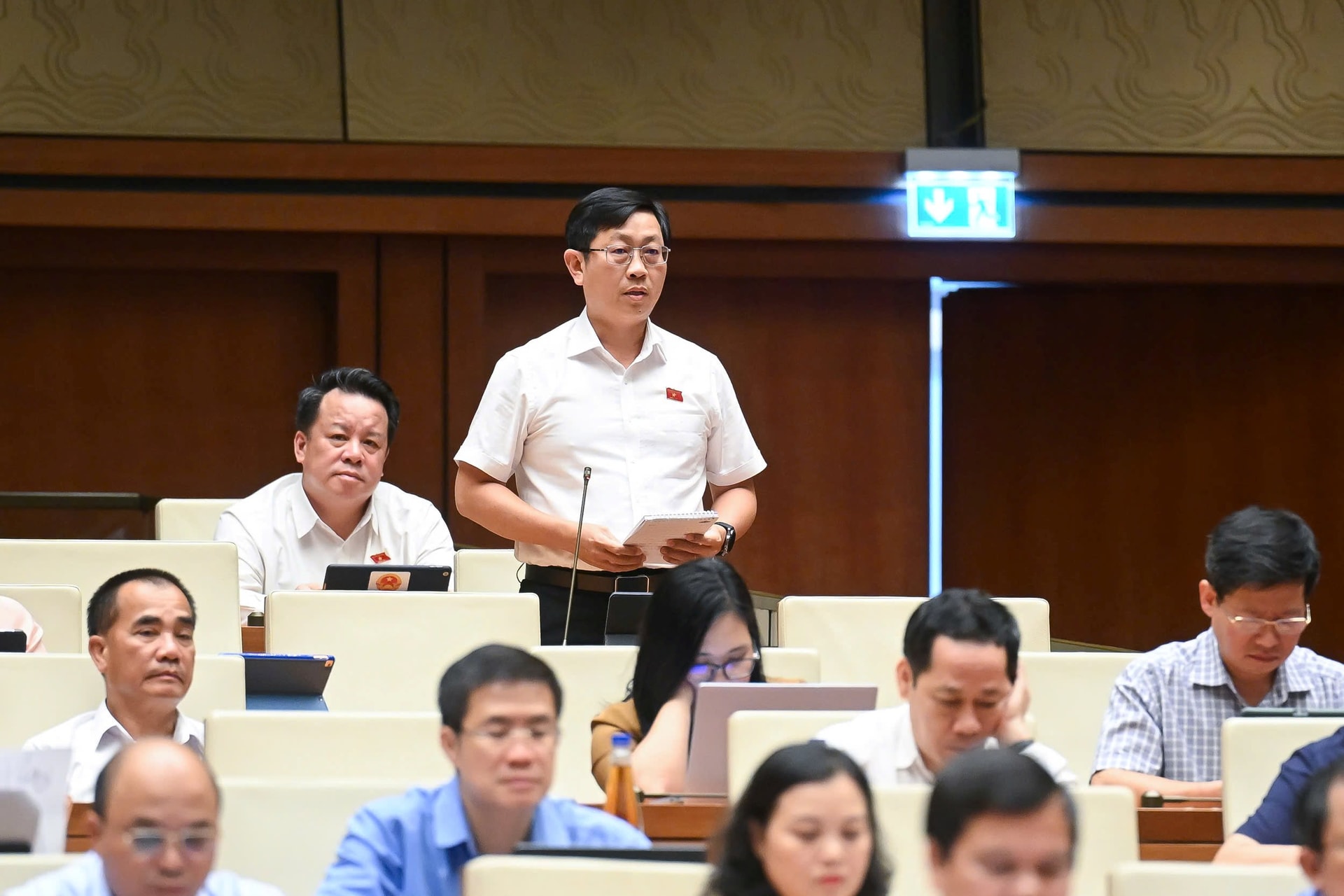
Participating in the questioning session, Delegate Nguyen Huu Thong - Deputy Head of the National Assembly Delegation of Binh Thuan Province raised the issue: Resolution No. 57 of the Central Committee assigns responsibility to universities in scientific research, technology transfer, and innovation. However, to do that, universities need to have the capacity to undertake. Could you please tell us your assessment of the current scientific and technological potential of universities? With such potential, can they fulfill their mission of scientific research and technology transfer? What are the Minister's recommendations and solutions to develop this issue?
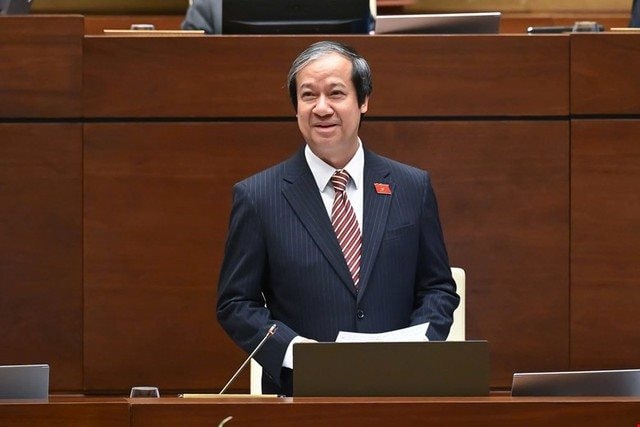
Responding to questions, Minister of Education and Training Nguyen Kim Son affirmed that Resolution No. 57 has opened up many opportunities for schools in developing science and technology. However, to take advantage of this opportunity, the schools themselves must have solid strength. Evaluating the science and technology potential of universities is not an easy task. According to him, when talking about this potential, we must first consider the human factor of the team of experts and scientific staff, then the training tradition, the science and technology products that have been created and transferred, and then the infrastructure such as laboratories and equipment.
The Minister cited that there are currently more than 40 universities under the Ministry, with about 840 laboratories. However, most of these laboratories are small-scale, department-level, mainly serving students' practice and supporting lecturers in publishing articles, but are not qualified to create scientific and technological products that can be transferred or commercialized on a large scale. Meanwhile, the whole country currently has only about 15-16 key national laboratories, of which Hanoi University of Science and Technology has one. These laboratories have good potential, creating many valuable products, but the number is too small compared to the demand.
The Minister added that through two major projects implemented by the Ministry in the past, 16 new laboratories have been established, however, these laboratories are only small in scale, with investment capital from 20 to 30 billion VND/laboratory. Not only are they small in scale, but the current laboratories were also invested in at different times, and the equipment has different origins and technologies, leading to low connectivity and systematization.
From that reality, Mr. Nguyen Kim Son emphasized: “If universities want to be able to shoulder the mission of research and transfer of science and technology, they must first carry out a comprehensive modernization of research infrastructure. That is a prerequisite.”
Source: https://baobinhthuan.com.vn/chat-van-bo-truong-giao-duc-truong-dai-hoc-co-du-luc-de-chuyen-giao-cong-nghe-131173.html



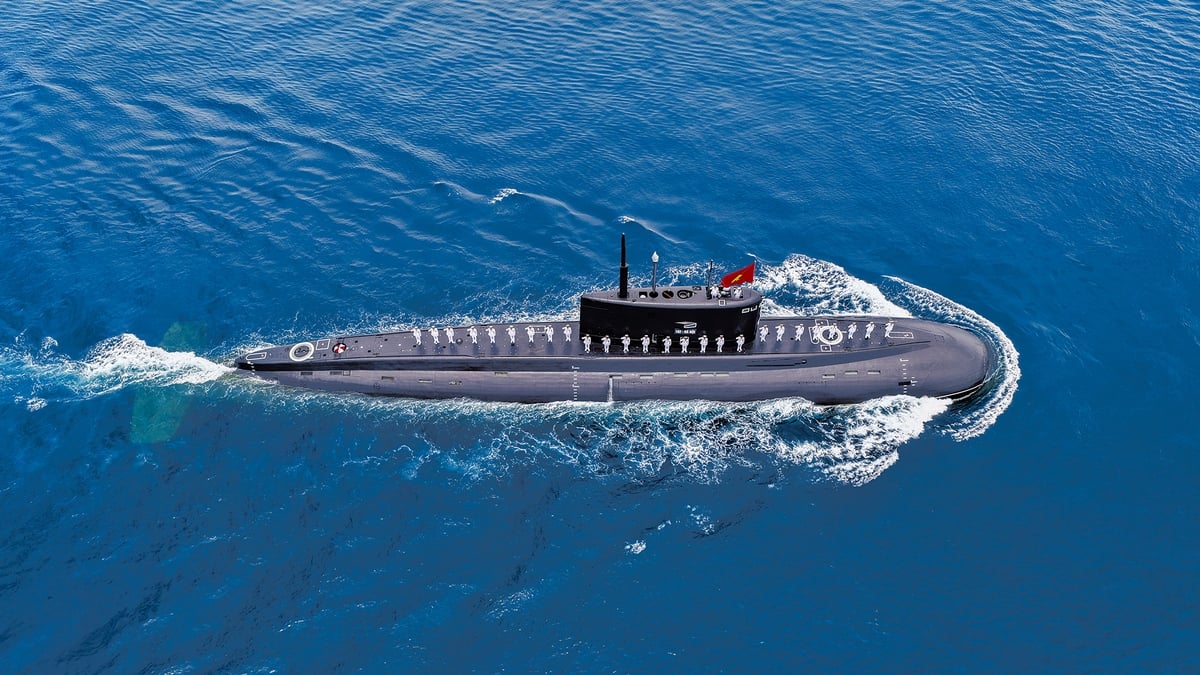
![[Photo] The majestic "sea eye" in the middle of the ocean of Da Nang city](https://vphoto.vietnam.vn/thumb/1200x675/vietnam/resource/IMAGE/2025/9/3/a2cdfcc4501140e6a6bc2ad767f64b36)



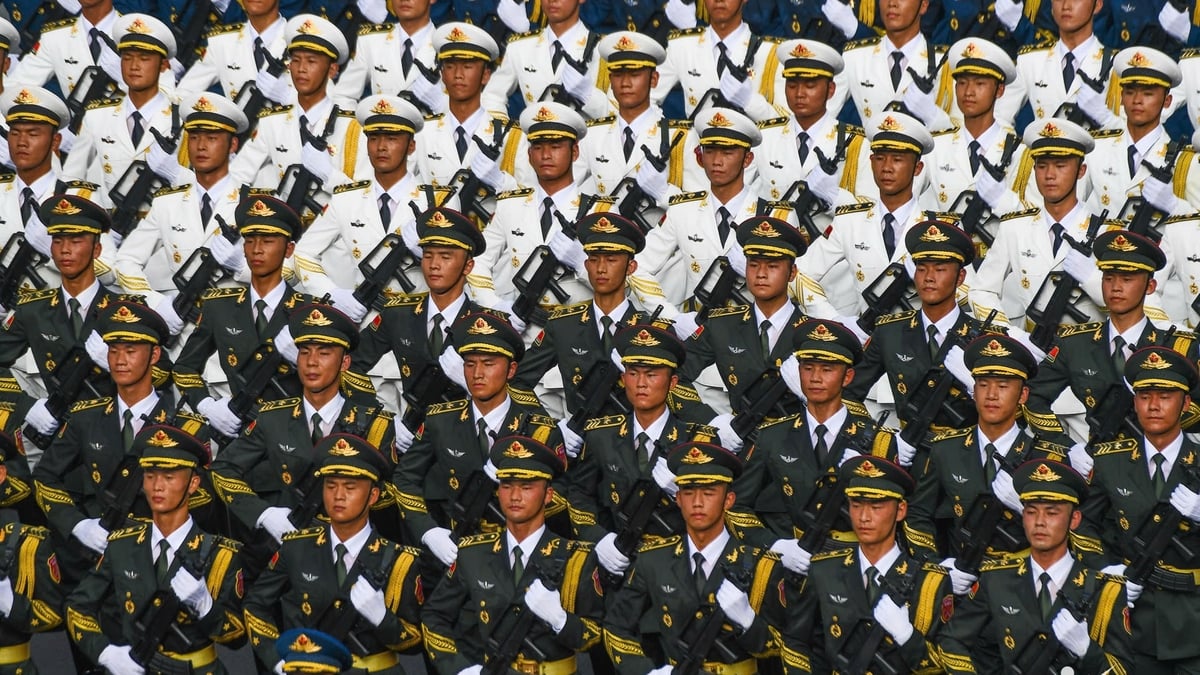
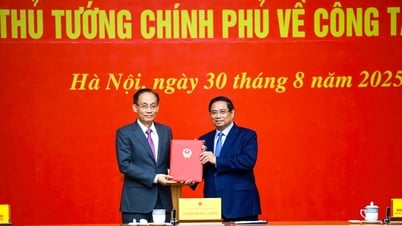



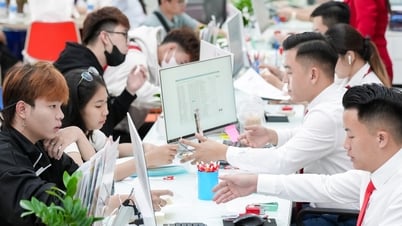

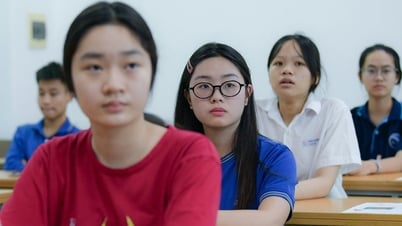


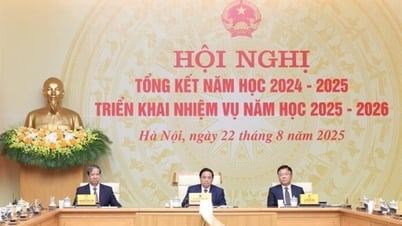

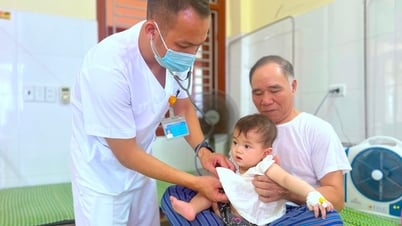

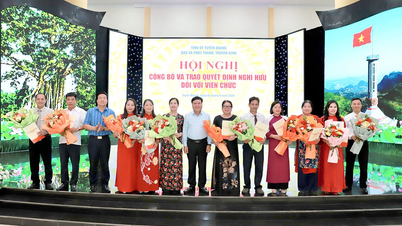





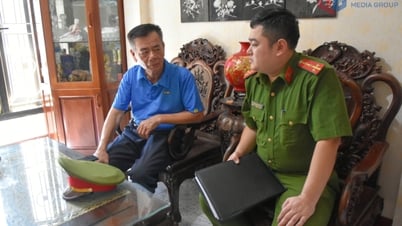







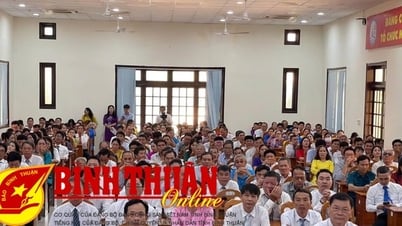
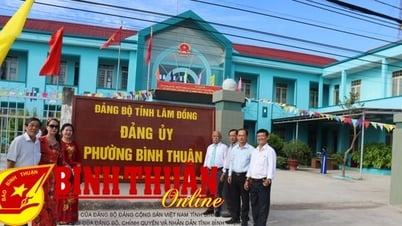
















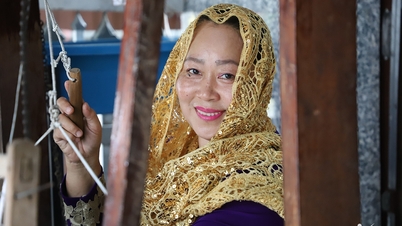







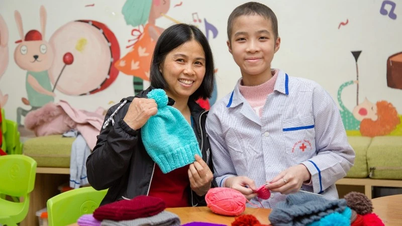
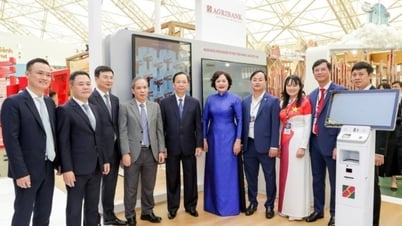


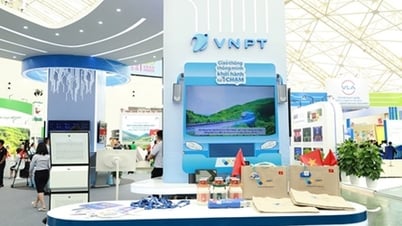




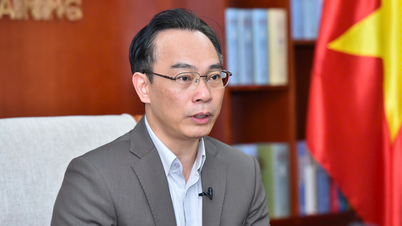

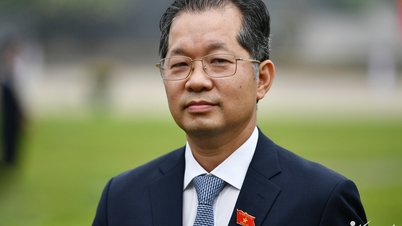






















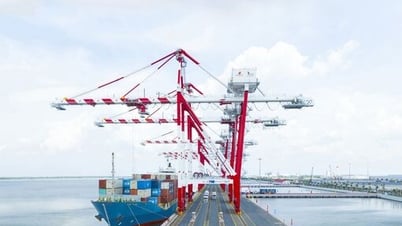

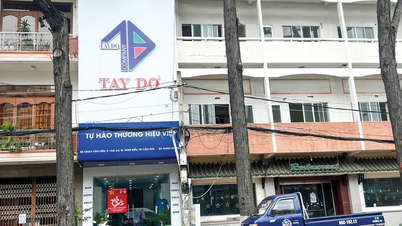


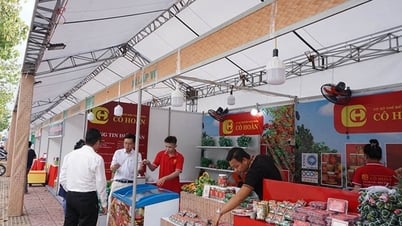







Comment (0)